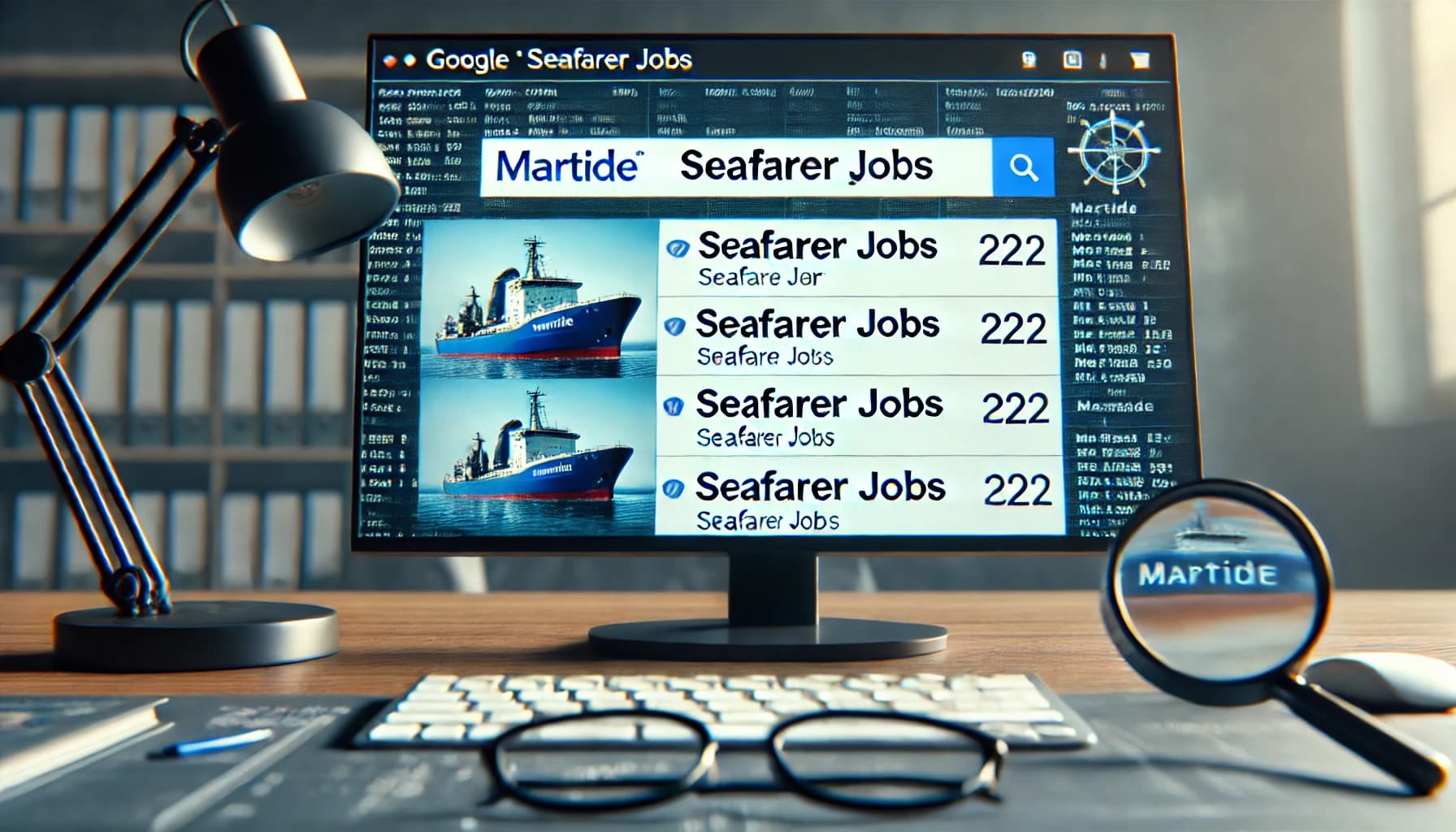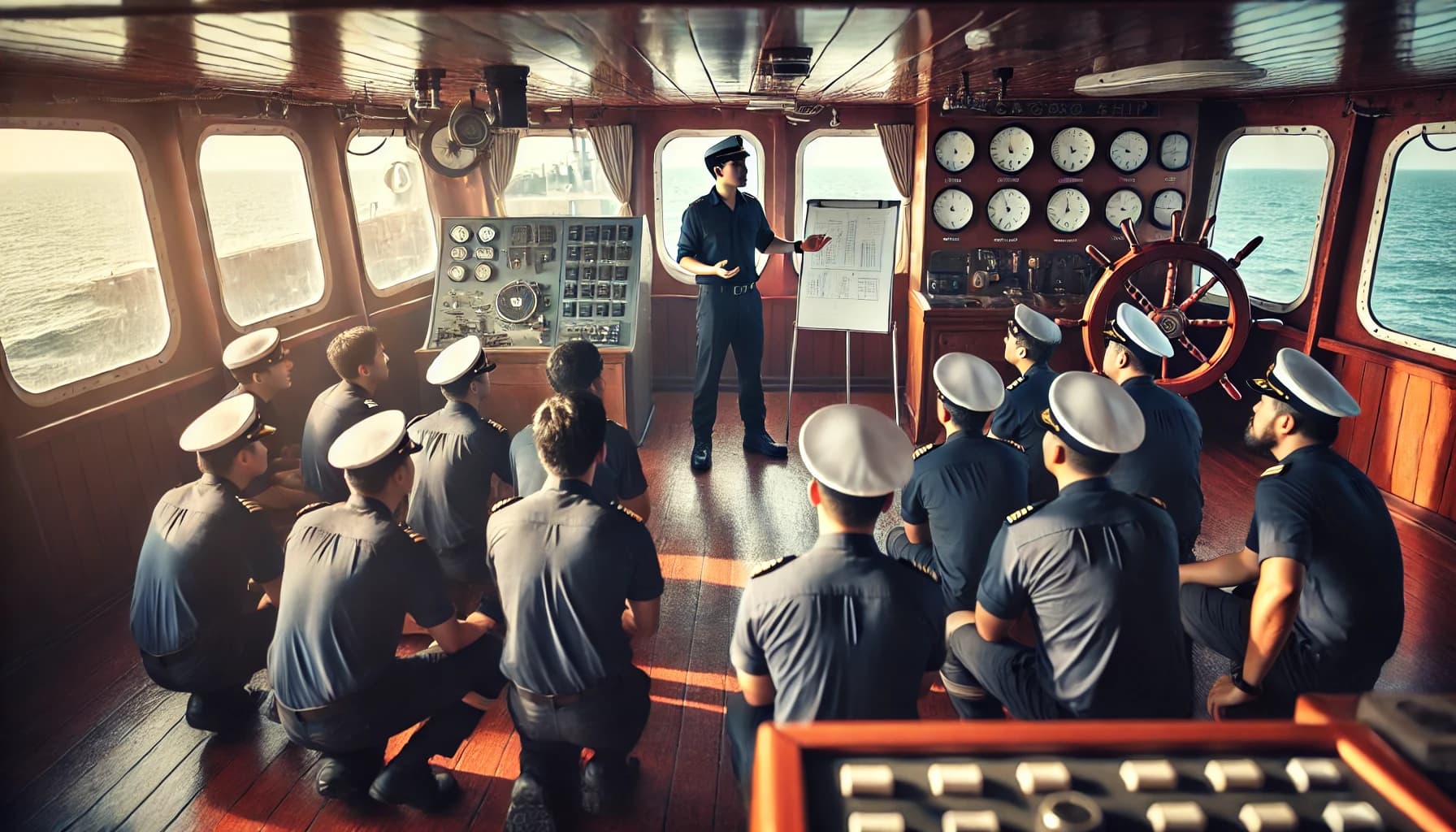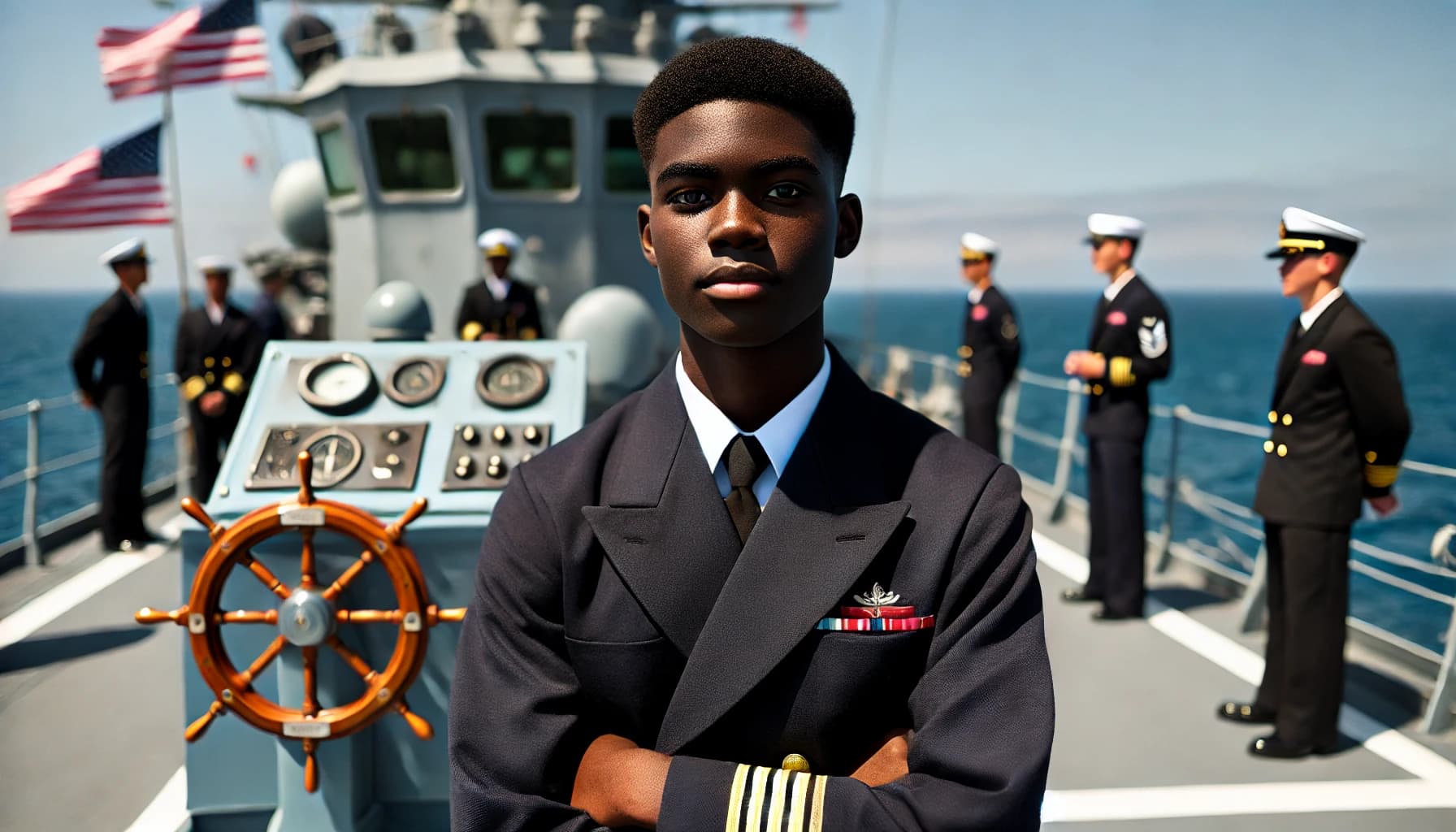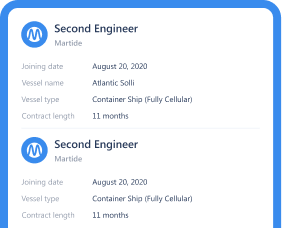Assessing Candidates’ Soft Skills in Maritime Recruitment
Mar 19, 2024 · 10 mins read ·
Maritime Recruitment
As a Crew Manager, Recruitment Officer or Manning Agent, you know full well that in the fast-paced world of maritime recruitment, technical competencies have traditionally been the focus when evaluating potential seafarer candidates.
And while there is no doubt that qualifications relative to a seafarer’s rank or position are as vital as ever, as the industry evolves and the demands of modern shipping change, the importance of assessing soft skills in maritime recruitment is becoming increasingly clear.
But are soft skills just yet another thing to add to your ‘want’ list when interviewing crew? Maybe not. Read on as we take a look at the role of soft skills in maritime recruitment, going beyond technical competencies to consider the qualities that make someone truly stand out from the rest of the crew in your seafarer candidate database.
Why do soft skills matter in maritime recruitment?
As ships and onboard technology becoming increasingly sophisticated, seafarers who are looking for jobs on ships need to excel on multiple levels if they want to make the cut. And with crew sizes now smaller than ever before and therefore less available vacancies to go around, this is crucial.
Read more: How to Identify Red Flag Candidates in an Interview
Naturally, you’ll want to make sure a seafarer's skills, qualifications and documentation are all in order when sizing up their suitability for one of your seafarer jobs but what about their soft skills?

And what exactly are soft skills?
What are soft skills?
Unlike hard skills, soft skills are more to do with the type of person someone is. They’re people skills and are usually personality based.
A person may have been born with them, learnt them at an early age, or acquired them in their teens or as a young adult. An employee may have even developed certain soft skills when they started gaining experience working in a specific role.
The good thing about soft skills is that even though they’re, generally speaking, a personality trait, they can still be learned.
And although soft skills might not sound as important as hard skills - i.e. skills that have been taught, such as speaking a foreign language, being able to fix an engine, or knowing how to use ECDIS - they really are.
Hard and soft skills complement each other and combine to make a candidate a more rounded crew member, leader or head of department.
Read more: Candidate Evaluation in Maritime Recruitment
Examples of soft skills to look out for in candidates
These are some of the soft skills you should be paying attention to both when you’re interviewing your seafarer candidates and as you’re moving them through your maritime recruitment process.

Communication skills
Effective and efficient communication is essential for success and safety in the maritime industry, where clear and concise speech can mean the difference between smooth operations and potential disasters at sea.
Seafarer candidates with strong communication skills can convey information accurately, collaborate effectively with fellow crew members, and resolve conflicts efficiently.
As someone working in maritime recruitment, you also want the crew you speak with to have good communication skills as these are vital for coordinating crew changes, relaying and receiving important information, and ensuring seamless communication between shoreside staff and onboard crew.
Read more: How to Read Candidate Body Language in Maritime Recruitment
Leadership abilities
Leadership abilities should be highly valued in maritime recruitment, as strong leaders onboard can inspire and motivate their departments, make sound decisions under pressure, and maintain morale during challenging voyages.
Candidates with leadership potential demonstrate confidence, integrity, and resilience, inspiring trust and respect from their peers and superiors alike.
Effective onboard leaders can also facilitate teamwork, mentor junior crew members, and lead by example, contributing to the overall success of the vessel and crew.

Adaptability and flexibility
Life onboard a vessel can be dynamic and unpredictable, requiring seafarers to adapt quickly to changing circumstances and unforeseen challenges.
Candidates who demonstrate adaptability and flexibility can thrive in this, often highly pressured, environment, adjusting to new situations, overcoming obstacles, and finding creative solutions to complex problems.
On a vessel, adaptability is essential for coping with unexpected weather conditions, dealing with accidents or illness among the crew, accommodating last-minute changes, and responding to emergencies with agility and composure.
Willingness to work as a team
Teamwork and collaboration are fundamental to the success of any maritime operation, as crew members must work together seamlessly to ensure the safety and efficiency of the vessel.
Seafarer candidates who enter your maritime recruitment pipeline will, ideally, excel in teamwork, can communicate effectively, are happy to share knowledge and resources, and support their fellow crew members to achieve common goals - namely the safe and timely passage of the vessel and her crew and cargo.

At your end, as a Crew Manager or Manning Agent working In maritime crew management and recruitment, fostering a culture of collaboration is essential for building cohesive and high-performing teams - both onboard and ashore - where individuals trust and rely on each other to succeed.
Read more: Why Collaboration in Maritime Recruitment is Crucial
Problem-solving skills
Problem-solving skills are invaluable in the maritime industry, where seafarers must troubleshoot equipment failures, navigate through adverse weather conditions, and resolve operational issues in real-time.
Candidates who demonstrate strong problem-solving skills can think critically, analyze complex situations, and implement effective solutions under pressure.
For those who are higher up the seafarer ranks, problem-solving abilities are essential for addressing crewing challenges, avoiding or mitigating accidents and emergencies and ensuring compliance with regulatory requirements.
Why you can’t afford to ignore soft skills in maritime recruitment
As we’ve already mentioned, while a seafarer’s technical competencies are undoubtedly essential in relation to their rank and position, assessing soft skills also plays a critical role in identifying crew members who can excel in the dynamic and challenging environment of the maritime industry.
By paying attention to attributes such as communication skills, leadership abilities, adaptability, teamwork, and problem-solving skills, Crew Managers and Manning Agents can identify and select seafarers who possess the qualities needed to succeed at sea and contribute to the success of their vessel and crew.

How can Martide help you find excellent seafarer candidates
Martide is an end-to-end maritime recruitment platform and crew management software solution that has been developed specifically for small to medium sized shipping companies and manning agencies.
When you post your jobs (for free) on Martide’s website, you’re advertising your crewing vacancies to an audience of seafarers who search our maritime jobs board both on the web and via our mobile seafarer app.
They’ll then apply with applications coming directly from them to you. You can then decide if you want to follow up with their application and schedule an interview.
Better still, if you use Martide’s maritime crew management system to find, hire, manage and plan your seafarers, you’ll be able to take advantage of functions such as our Forms feature.
This has been created for anyone working in maritime recruitment to help you create standardized interviews more easily. Add all the questions you want to ask to a form, whether they’re about their technical competencies, language skills, education, or ability to manage a team effectively.
This form can then be used by any of your team members when interviewing seafarers for similar positions. You can create as many forms, using various question formats (multiple choice, open ended etc) as you like.
For example you might want one interview form that is used to interview all Ratings, a form that’s used to interview Third and Fourth Engineers or various different forms that are specific to each rank.
The beauty is, each form can be customized exactly as you need it to be so that you can ensure that no matter who is interviewing a seafarer candidate, all of the important questions are asked.
Want to find out more about how Martide can help your shipping company or manning agency operate more efficiently when it comes to maritime recruitment, crew management and crew planning?
Get in touch with us today for a friendly chat or to book a free, no obligation demo of our maritime crew management system.

Eve Church
Eve is Martide's content writer, publishing regular posts on everything from our maritime recruitment and crew planning software to life at sea. Eve has been writing professionally for more than two decades, crafting everything from SEO-focused blog posts and website landing pages to magazine articles and corporate whitepapers.
UK



